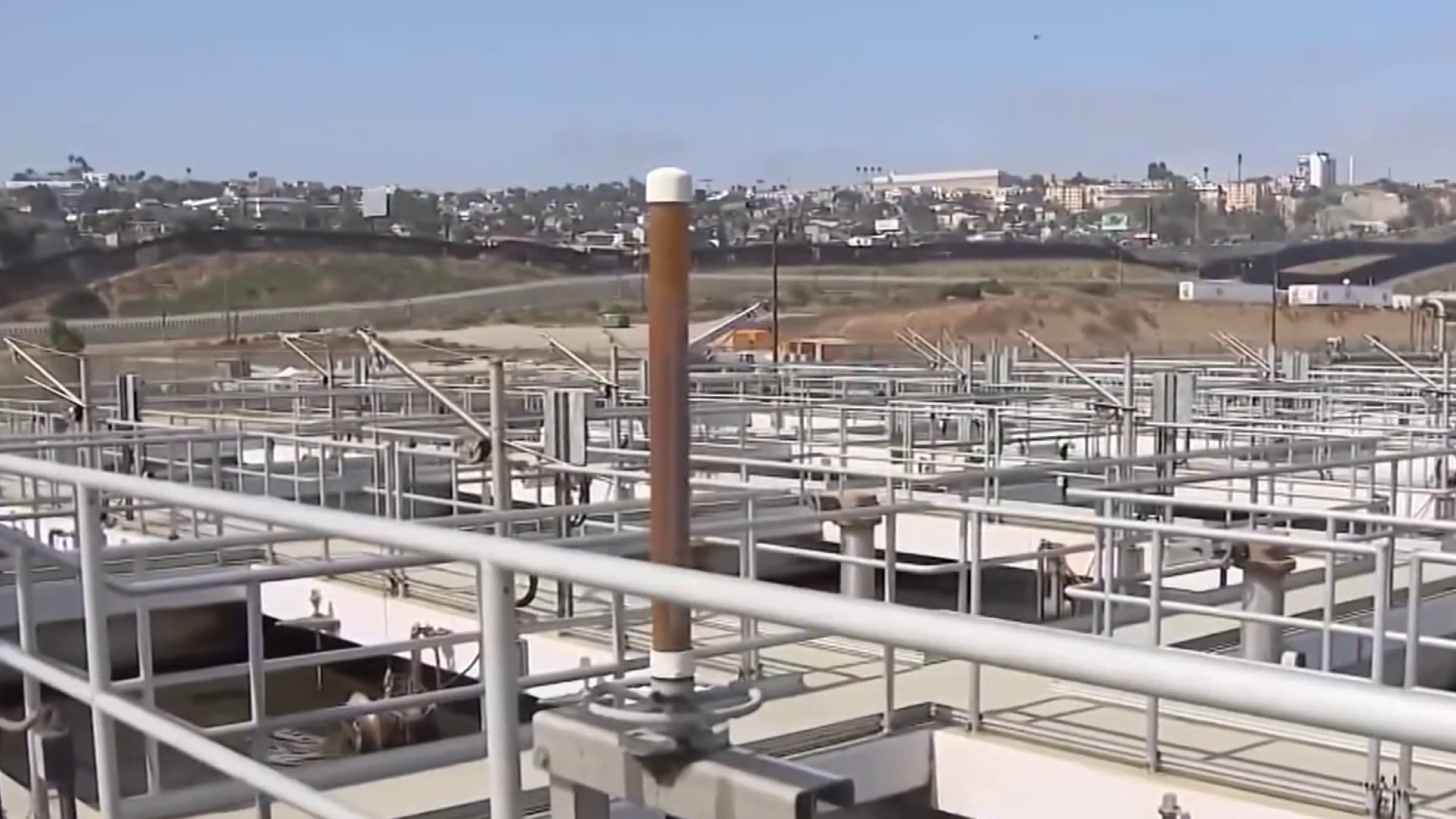The San Diego resident, Dan Dogan, had his 1998 drug case pardoned by Governor Gavin Newsom. NBC 7’s Omari Fleming reports.
A former San Diego resident almost missed a life-changing call. What he thought was a robocall turned out to be California Governor Gavin Newsom calling to let him know he was pardoning his 1998 drug case.
“I thought it was one of my friends messing with me. You know they always call me with some crazy stuff and so I was like, I was about to hang up on him. But I just got quiet for a second and tried to take it in. And as soon as I put it on speaker she's [His wife] like, ‘Oh my gosh! It's Governor Newsom," said Dan Dogan.
Dogan’s case was one of three San Diego cases Governor Newsom pardoned or commuted on Friday.
Newsom said Dogan, "Has demonstrated that he is living an upright life and has demonstrated his fitness for restoration of civic rights and responsibilities."
Get top local stories in San Diego delivered to you every morning. >Sign up for NBC San Diego's News Headlines newsletter.
Back in the 80s, Dogan, and part of his family immigrated from Romania to escape the communist regime. Toward the end of high school at Mount Miguel, he says he started hanging with the wrong crowd and got into trouble at the border.
By age 20, he was sentenced in San Diego Superior Court to three years probation and 120 days in jail, for selling or transporting marijuana.
Local
Dogan faced deportation to Romania at one point because of the conviction. He says his U.S. residency card and Romanian citizenship were revoked.
Since he's not a citizen of any country, he's not been able to visit his wife's family in Mexico.
Even though marijuana has been legalized in California and many other states, because of the 22-year-old charges against him, he says higher-paying jobs to help better provide for his wife and two children had been out of reach because of his record. Even though he says he's stayed out of trouble and has continued to work.
“It’s so discouraging when you go into an interview and you know, you've got the skills to do a job. And you know you can achieve so much. And you can have so many ideas in your head and so many things you can do and you know that this, this 20-year-old mistake is holding you back from achieving that and providing for your family. It’s devastating," Dogan said.
Now living in Temecula and working as a machinist, Dogan hopes this will clear the way for him to become a United States citizen.
Gov. Newsom also pardoned Paul Schoch who was convicted in a San Diego Superior Court in 1987 for transporting meth for sale and was sentenced to four years probation and one year in jail.
Newsom said, "On April 5, 2019, the Superior Court of California, County of San Diego granted Mr. Schoch a Certificate of Rehabilitation on evidence that he has been living an upright life. By granting Mr. Schoch's petition for a Certificate of Rehabilitation, the court has recommended that Mr. Schoch be granted a full pardon."
Gov. Newsom announced pardons for 14 people, commuted sentences for 13 others and granted medical reprieves for eight state prisoners.
The California Constitution gives the governor authority to grant clemency. A commutation reduces the length of a prison sentence. A pardon would effectively do the same, but it also restores certain civil rights for people who have already completed their sentences.
While in office, Gov.Newsom has granted a total of 72 pardons, 79 commutations and 20 reprieves.



